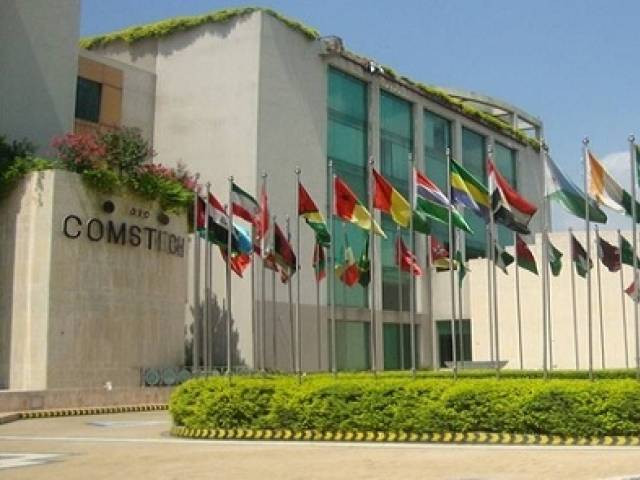Muslims too could venture into space in near future, but when?
Roadmap suggests capacity building, regional cooperation for space ventures

COMSTECH General Assembly. PHOTO FILE
“Space programmes are expensive and barring a handful of countries, requires multinational efforts to minimise costs and enhance outcomes,” suggests the plan prepared by COMSTECH (OIC Standing Committee on Scientific and Technological Cooperation) in consultation with 157 leading scientists from 20 OIC countries as well as in the EU and North America.
Five-year gap: COMSTECH General Assembly to be held on 31st
Dr Shaukat Hameen Khan, coordinator general of COMSTECH, while talking to The Express Tribune, said the 10-year plan of action will be discussed in the upcoming 15th meeting of COMSTECH General Assembly which is going to be held from May 31- June 1 this year in Islamabad.
Sharing the details of the plan he said it has four major goals which are: nurturing the thinking mind for building a scientific culture, making people employable through quality education and skills, ensure security of water, food and agriculture and, last but not the least, ensuring healthy lives for all citizens.
In many of the OIC countries the standard of education, health and hygiene is not up to the mark just because of minimal investment in these sectors, he said.
Conference on physics: Contribution of women to science acknowledged
“It is not possible for the countries to progress without having educated and healthy nation and it is only possible by making big investment in these sectors,” he said.
They have set a target for a minimum 50 universities in member states to be ranked among the top 500 globally, to increase health budget to a minimum 10%, universal access to clean drinking water, health infrastructure, medicines, vaccines among others by 2025.
Published in The Express Tribune, May 20th, 2016.


















COMMENTS
Comments are moderated and generally will be posted if they are on-topic and not abusive.
For more information, please see our Comments FAQ